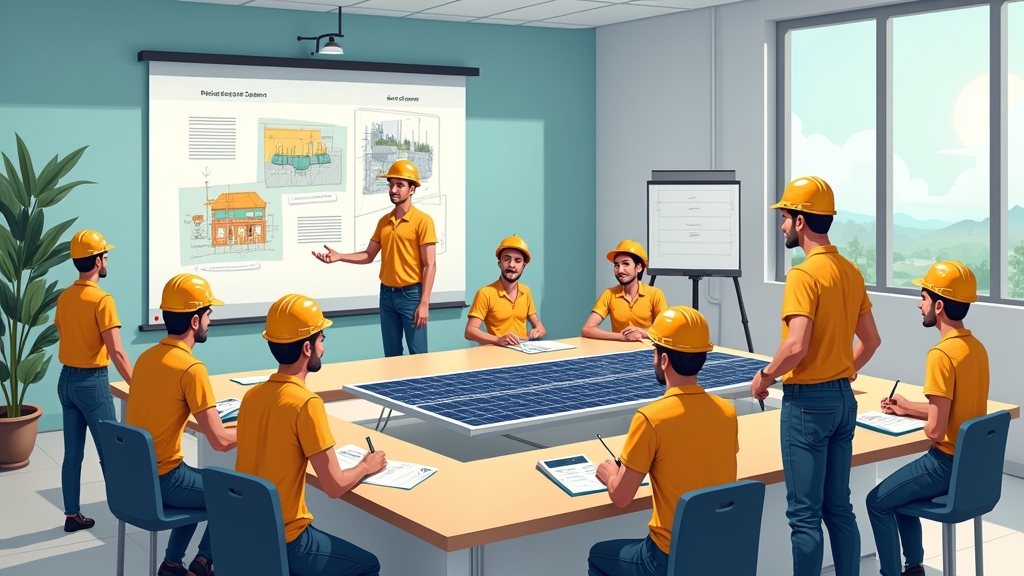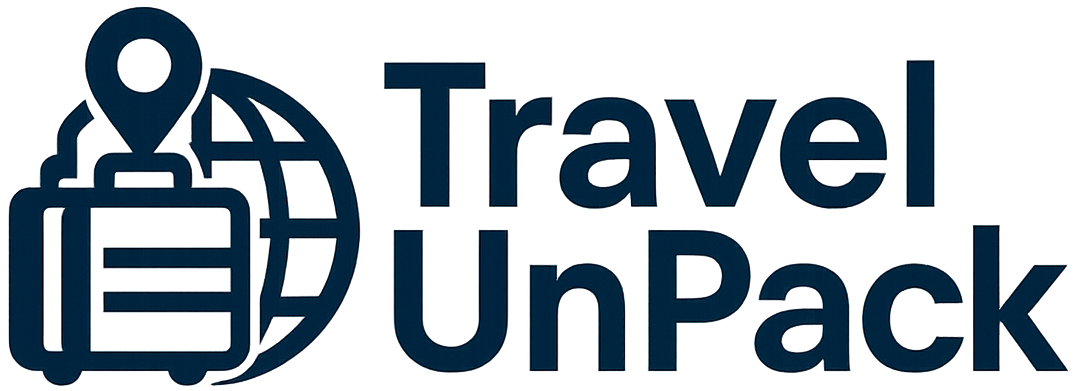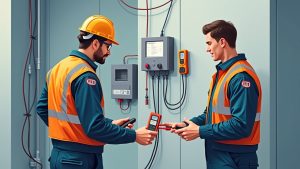The growing demand for clean and sustainable energy has boosted the solar energy market all over the world. In Brazil, this trend is no different, with an increasing number of companies and homes adopting solar energy systems. This growth creates a valuable opportunity for professionals specializing in the installation of solar panels.
In this article, we'll discuss in detail everything you need to know about solar panel installation courses, from what they cover to how to choose the right one for you.
Importance of Solar Panel Installer Courses
As the solar energy market expands, the need for qualified professionals in this area becomes crucial. Solar panel installation courses offer the training needed to enter this promising field. With increasing environmental concerns, the demand for renewable energy solutions is growing exponentially, making room for new jobs and career opportunities.
Solar panel installer courses are designed to provide comprehensive knowledge of all the technical and practical aspects of installing photovoltaic systems. This includes understanding system components such as solar panels, inverters and mounting structures, as well as understanding safety regulations. These courses are essential to ensure that professionals strictly follow installation guidelines, maximize system efficiency and guarantee safety for the end user.
Furthermore, the solar energy industry is constantly evolving with technological and regulatory innovations. Thus, the courses not only provide the necessary initial training, but also offer updates on the latest practices and technologies in the sector, helping professionals to remain competitive.
Components of a Solar Panel Installer Course
A typical solar panel installer course covers a wide range of topics essential to the complete training of a professional in the field. These include an introduction to the fundamental concepts of solar energy, which includes an understanding of the photovoltaic effect and the conversion of solar energy into electricity.
Another fundamental component is the detailed study of photovoltaic systems. Students learn about the different types of solar panels, their technical characteristics, how to choose the most suitable panel for each situation and how to calculate the amount of energy that can be generated by a specific system. In addition, the courses usually cover the installation and maintenance of the systems, offering practical training that simulates real work situations.
Safety is another vital aspect covered in the courses. This includes teaching safe working practices on roofs and handling electrical systems safely. Students learn about local and national regulations governing the installation of solar panels and how to apply these standards on a day-to-day basis to ensure legal compliance.
Benefits of Taking a Solar Panel Installer Course
Attending a solar panel installer course offers numerous benefits both for beginners and for those who are already in the sector and want to improve their skills. Firstly, these courses provide a solid foundation of technical knowledge, essential for any professional wishing to enter the solar energy market.
In addition to technical knowledge, a solar panel installation course also develops practical skills. The practical experience gained during the course prepares students to face real-world challenges. Practice in simulated environments helps boost confidence, easing the transition into the job market.
Another significant benefit is the possibility of obtaining certifications that are recognized in the sector. Courses often offer the opportunity to take exams that attest to a professional's competence, increasing their employability. Certifications are often required by employers and can be an important differentiator in a competitive market.
How to choose the right course
Choosing the right course is a crucial step in ensuring quality training and, consequently, a successful career. There are several institutions offering solar panel installer courses, and choosing the right one can be challenging. It is important to consider factors such as the reputation of the institution, the experience of the instructors and the curriculum offered.
Make sure the course offers a balance between theory and practice. The practical part is essential for developing the skills needed to install solar panels. Also, check that the course offers updates on the latest technologies and regulations in the sector.
Another point to consider is the flexibility of the course. Courses that offer varied timetable options or distance learning can be ideal for those who are already employed or have other responsibilities. Finally, consider the cost of the course and assess whether it is within your budget, also taking into account the possibility of a return on investment, given the growing demand for qualified professionals in the solar energy market.
The Role of Certifications in the Job Market
In today's job market, having certifications can be an important differentiator. In the solar energy sector, there are several certifications that a professional can obtain after completing a solar panel installer course. These certifications attest to the professional's technical knowledge and practical competence, increasing their chances of employability and enabling better career opportunities.
Specific certifications for solar panel installers ensure that the professional is up to date with best practices in the sector and current regulations. They can also provide a competitive advantage in selection processes, as many employers look for candidates with recognized certifications.
In addition, certifications can open doors to opportunities to specialize in specific areas within the solar energy sector, such as energy storage systems or large commercial installations. This can lead to salary increases and promotions, making certifications a valuable investment in any professional's career.
Career possibilities after the course

Completing a solar panel installer course can open many doors in the job market. With the growth of the solar energy sector, the opportunities for qualified professionals are vast and varied. Solar panel installers can work in a variety of contexts, from small homes to large commercial projects.
As well as working directly on installation, professionals can explore other areas, such as sales and consultancy of solar systems. These roles also require solid technical knowledge, but offer the possibility of working in a more customer-oriented environment, helping to find customized solar energy solutions.
Another career possibility is specializing in the maintenance and repair of photovoltaic systems. As more solar systems are installed, the demand for regular maintenance and repair services grows, offering an expanding field of work for those wishing to specialize.
Conclusion
Solar panel installation courses are an excellent opportunity for those wishing to enter the growing solar energy market. With the right training, professionals not only acquire technical and practical knowledge, but also increase their chances of success in the job market. Choosing the right course, obtaining certifications and exploring the various career possibilities are fundamental steps to building a promising and sustainable career in this vital sector for the energy future of Brazil and the world.
FAQ
1. What is required to enroll in a solar panel installer course?
Generally, you need to have completed high school and, in some cases, basic electrical knowledge.
2. How long does a solar panel installer course last?
The duration can vary from a few weeks to a few months, depending on the course and the workload.
3. Is the course theoretical or practical?
Most courses offer a combination of theory and practice, which is essential for complete learning.
4. Do I need certification to work in the field?
Although not compulsory, certification can increase your chances of employability and is highly recommended.
5. How much does a solar panel installer course cost?
The fees vary greatly, but can range from R$1,000 to R$5,000, depending on the course and the institution.
6. Does the course offer internships or guaranteed jobs?
This depends on the institution. Some offer partnerships with companies for internships or job opportunities.
7. Are online courses available?
Yes, many courses are available online, offering flexibility of schedule.
8. What is the salary of a solar panel installer?
Salaries can vary, but generally start at around R$2,000 to R$3,000 per month, which can increase with experience.
9. Can I start my own business after the course?
Yes, with the right training and experience, you can open your own solar panel installation company.
10. Are there any technical prerequisites for the course?
Some institutions may require basic electrical knowledge or experience in the field.
11. Does the course address safety issues?
Yes, safety is an essential part of solar panel installation courses.
12. What types of solar panels will I learn to install?
The courses generally cover various types of panels, including monocrystalline, polycrystalline and thin-film.
13. Is the course recognized by the MEC?
Not all courses are recognized by the MEC, but many are certified by solar industry organizations.
14. Can I do the course while I'm working?
Yes, many courses offer flexible timetables that allow you to work while you study.
15. What differentiates a solar panel installer from an electrician?
Although both work with electrical systems, the solar panel installer specializes in photovoltaic systems and their specific features.



